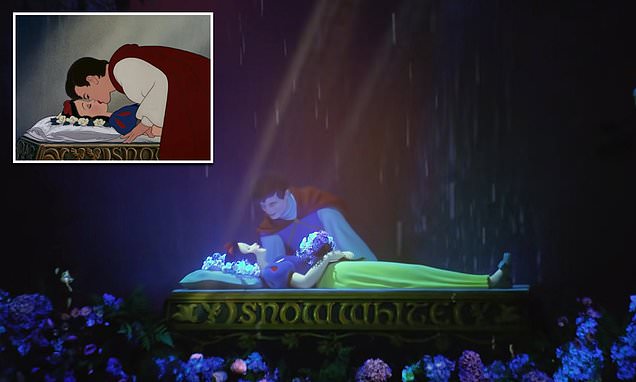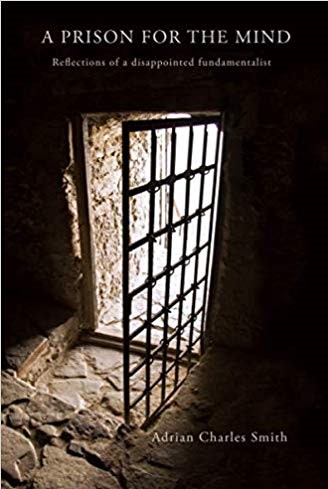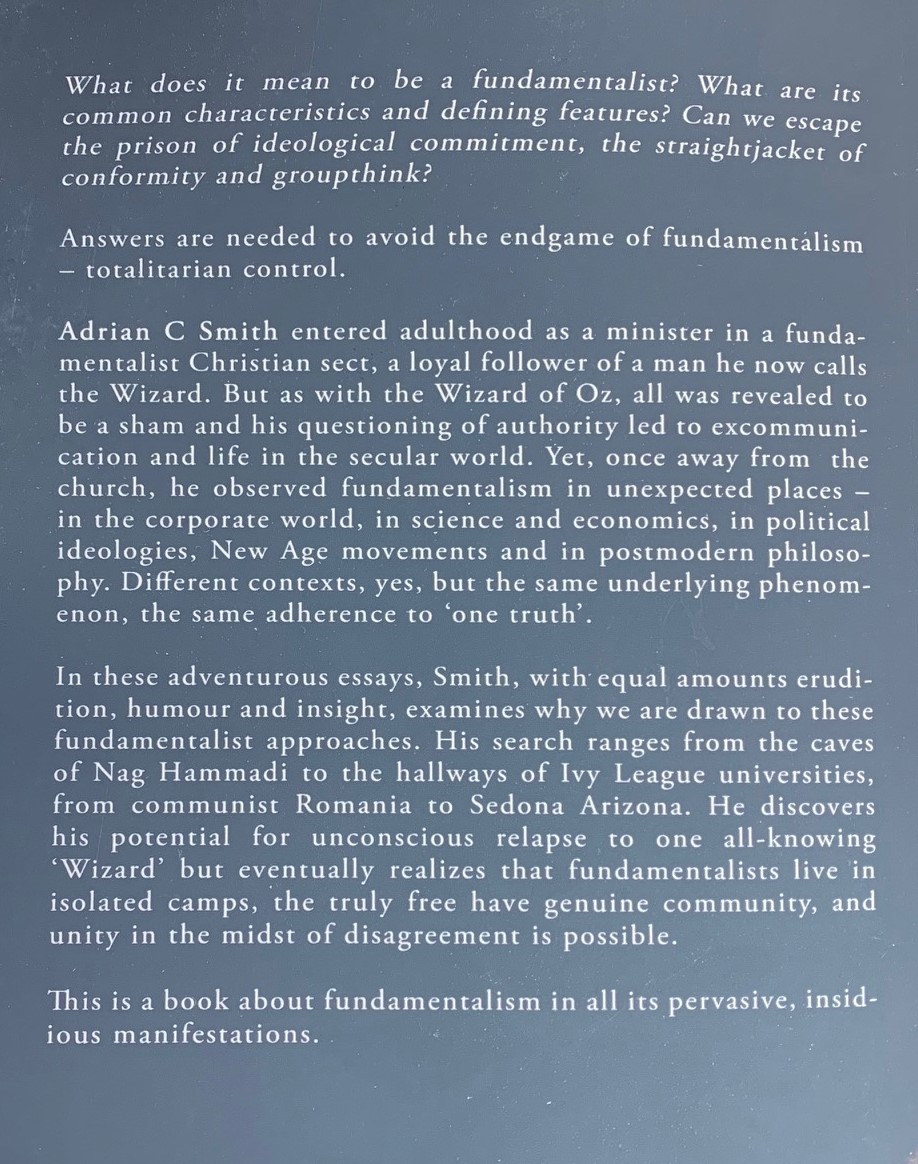|
Word Gems
exploring self-realization, sacred personhood, and full humanity
Soulmate, Myself:
The Wedding Song
Foreword
Adrian Charles Smith
return to "contents" page
In George Orwell’s classic 1984, romantic love is outlawed and the criminal lovers are brainwashed in order to crush their experience. Thus they are returned to their prior conditioning – drone-like servants of the State.
It seems all totalitarian structures are the same, as they seek to hold
back our evolution and suppress our human potential. Those who would
thwart our romantic impulses produce, by stultifying fear-and-guilt doctrines, a death-like trance in which we can be controlled.
In this coming together of romantic love and spiritual growth, Spirit
speaks to us in the language of the heart. The experience of joy and
bliss associated with Divine and romantic union is closely related and
commensurate with our state of Enlightenment. The Pagans had it right
with their concept of Sacred Sex.
It seems there is an inevitable conflict between patriarchal authoritarian
control systems and any movement in the direction of individualism,
any expression of creativity or inclination towards inner exploration. The
focus must be maintained in an outward direction, towards Big Brother
and his external control grid and sets of immutable doctrines. That
which bubbles up from the vast reservoir of one’s own soul must be
smothered before it is born, for herein lies the avenue to truth, a truth
which requires no priest or minister. The whole edifice of the Empire is
threatened by the inner journey; the whole administrative structure of
the manufactured reality is threatened.
For the early orthodox Christian Church, true believers were identified
by external criteria, most important of all, do you accept the authority
of the Church and its doctrine? For the Gnostics, however, Christians
were identified by an ecstatic union of souls who, by embarking on the
inner journey in solitude, were introduced to all the world in an amazing
correspondence of views as though each individual on his own had
tapped the same vast reservoir.
The orthodox Church anticipated great confusion emerging from the inner journey, each individual discovering and expressing his/her own truth. What emerged instead was an amazing unity of purpose. They further anticipated great unity to emerge from the imposition of one set of official doctrines permitting no variance. What emerged instead was endless fragmentation, conflict and division, and ever more desperate attempts at coercion.
This ecstatic union of souls is depicted in the music and poetry of the
medieval troubadours. These worshippers of love touched the depths
of the collective psyche. The word “troubadour” was derived from the
French trovere which meant “to compose” but also “to invent” or “find.”
Any instructor of art would want his student, as soon as possible, to sing
his own song or write his own poem. The patriarchy, however, seeks
perpetual dependence and an aversion to inner reflection.
“To do anything that suggests a taste for solitude, even to go for a
walk by yourself, was always slightly dangerous. There was a word
for it in Newspeak: ownlife, it was called, meaning individualism and
eccentricity.” George Orwell, 1984
It’s well known that trauma shuts down personal expression. When Winston was subjected to trauma by the state, he forgot his own purposes, like falling in love or visiting nature. Suddenly the war with Eurasia was his chief concern. He had won “the final victory over himself.” For the hierarchy to succeed, one’s own true self must be betrayed.
Winston had come to exist in a state of “doublethink” holding two contradictory beliefs simultaneously. The resulting “cognitive dissonance” is resolved by a conscious and willful forgetting of one belief, that he hated and mistrusted the Party, while, at the same time, allowing himself to love and serve Big Brother, but then to forget that he had engaged in this maneuver. “Doublethink” in Oceania was reserved for intellectuals, those who knew better. Stupid people could simply be fooled, but Winston was not fooled so winning the final victory over himself involved forgetting
his true feelings then forgetting that he had forgotten. While he was
being tortured by The Ministry of Truth, Winston contemplated allowing
himself to remember only at the moment of his execution so that the
bullet would enter a free mind.
Both Winston and his lover, Julia, were guilty of “sexcrimes” which in
Newspeak meant the sex act performed with love and passion. The authorized version was “goodsex,” which meant sex for reproduction only
with no pleasure. After their torture the lovers were allowed to meet
openly because they no longer meant anything to each other. They openly
discuss their “sexcrimes,” “thought crimes,” and other treacheries. No
need for the Party to keep them apart.
Sometimes we can come to truly appreciate the significance or the importance of something by studying its opposition. The bleak and frightening world of totalitarianism is the perfect foil for the message of the troubadours. While Julia and Winston survived their torture, in a very
real sense they were dead already. The passion of their suppressed romance is a perfect metaphor for the blissful union with Divinity, which is
our destiny; and, because of this larger significance, the evil of totalitarianism will go to extraordinary lengths to suppress it, that is, a passionate spirituality.
The word “evil” is “live” spelled backwards. Anything which stifles our
impulse towards life is evil, and this can take the form of literal dictatorship, but also societal and familial expectations.
The star struck lovers of Shakespeare’s Romeo and Juliet were cruelly
invited to betray their inner passion, but their blissful union did not recognize societal expectations or the normal conventions of arranged marriage. They each found themselves on the wrong side of a war between families.
Dr. Joseph Campbell writes, “Love was a divine visitation, and that’s
why it was superior to marriage. That was the troubadour idea.” Society
seeks to manage passion within certain bounds in order for it to serve
societal purposes, a stabilizing influence with the man as head of the
household, his wife and children under control, a microcosm of the larger
patriarchy. But true romantic love cannot be managed or contained.
In a variety of wisdom traditions, the union of man and woman is considered an apt metaphor for the unitive experience of spiritual awakening, a cessation of ordinary self-awareness in a moment of intense awareness, that is, a oneness expressed in erotic imagery.
According to Jewish mystics, marriages are indeed made in heaven; every
soul, originally, two-sexed, is divided at birth and is incomplete until it
finds its missing half.
Words alone are wholly inadequate to describe the spiritual or mystical
experience. The word “oneness” can be uttered but not grasped. As the
Buddhists say, “those who speak of it know it not.” The Wedding Song
paints a picture, just as the troubadours spoke in the language of poetry,
song, and dance giving us a glimpse of things which cannot be described
or grasped by the mind alone.
Adrian Smith, J.D.
October, 2017
Midway
New Brunswick
Canada
aprisonforthemind.blog
Editor’s note: I’d like to offer my friend Adrian warmest thanks for writing this Foreword. Frankly, I am stunned by his insights into these matters of totalitarianism versus “ownself” and credit his analysis as grippingly interesting. I found myself wishing that he would continue writing.
|
never so free and awakened as when in love

In The Matrix: Resurrections Trinity reawakens to Neo, and to the deception of The Matrix, by the power of love. In an earlier incarnation, Persephone had claimed “It’s just a kiss”; for her this was true, but not for the authentic version.
Like Snow White reviving with the kiss of the Prince, there is a force within true love which terrifies totalitarian structures. It is quite right to say: people are never so free, never so in tune with their own sense of dignity and destiny, and never so likely to leave cultish organizations, as when they're in love.
The memory trace of true love touched something very deep within Trinity and Neo. It reconnected them, not only with each other but, with their authentic selves, a primal affinity which had been crushed by totalitarian element. Suddenly they see the world as something new, as it truly is, a world making way for romantic relationship as ultimate reality.

|
|
the endgame of all forms of fundamentalism is totalitarian control
Editor's note:
Adrian's book, "A Prison For The Mind," is available on Amazon. His assessment is correct: "the endgame of" all forms "of fundamentalism" is "totalitarian control."
Why is this so? The needy dysfunctional ego, in its writhings of "I am not enough," cannot help itself but to reach for greater heights of power and control.
|
|



